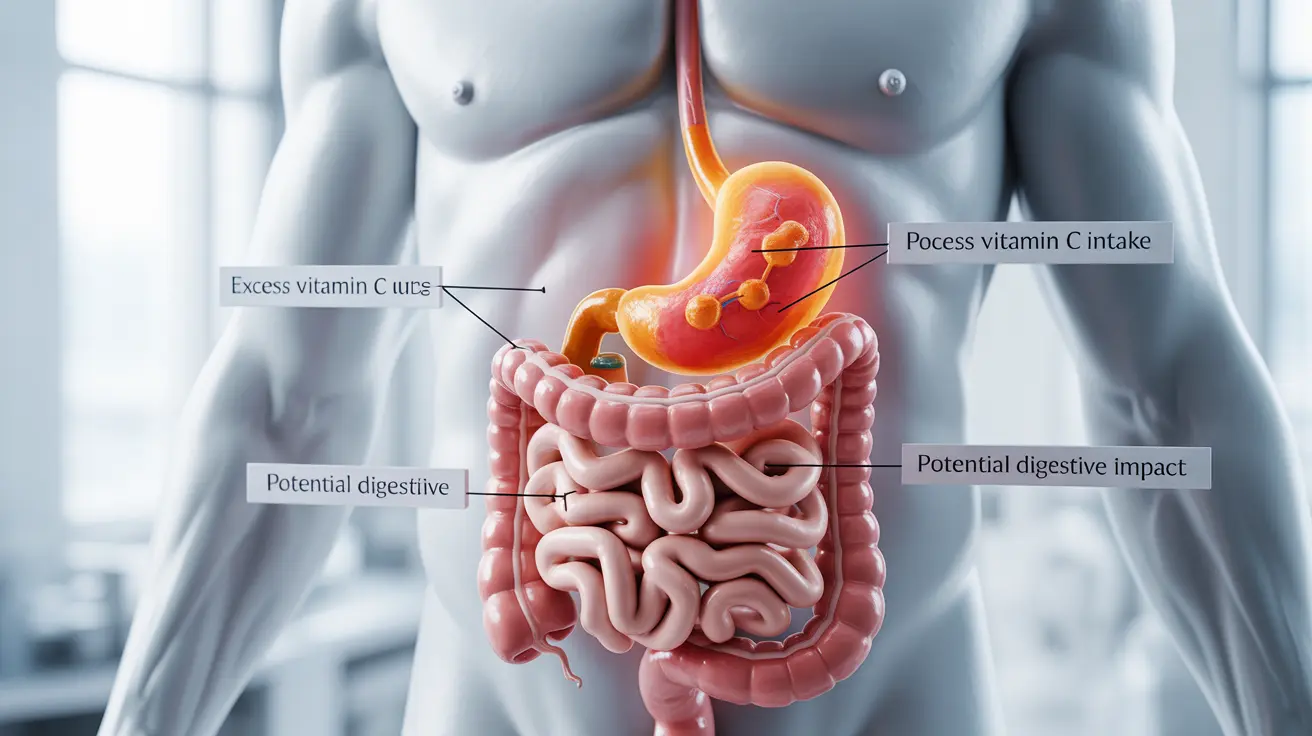GetLabTest News
Symptom Analysis
Interpreting Test Results
Diseases & Symptoms
Health Queries Answered
All
Latest
How to Build Endurance: A Complete Guide to Improving Your Physical Performance
Discover effective strategies on how to build endurance and improve your physical performance through systematic training methods.

Discover natural positions to relieve gas and enhance digestive comfort with expert-recommended poses and simple stretches.
Health Queries Answered
min read

Discover how Medicare Uber transportation benefits work for medical appointments and the available coverage options with Medicare Advantage plans.
Health Queries Answered
min read

Discover the powerful ginger tea benefits for digestion, inflammation, and immune support. Learn how this beverage promotes overall wellness.
Health Queries Answered
min read

Discover the vitamin C side effects from excessive intake and learn safe dosage guidelines for a healthier supplement routine.
Health Queries Answered
min read

